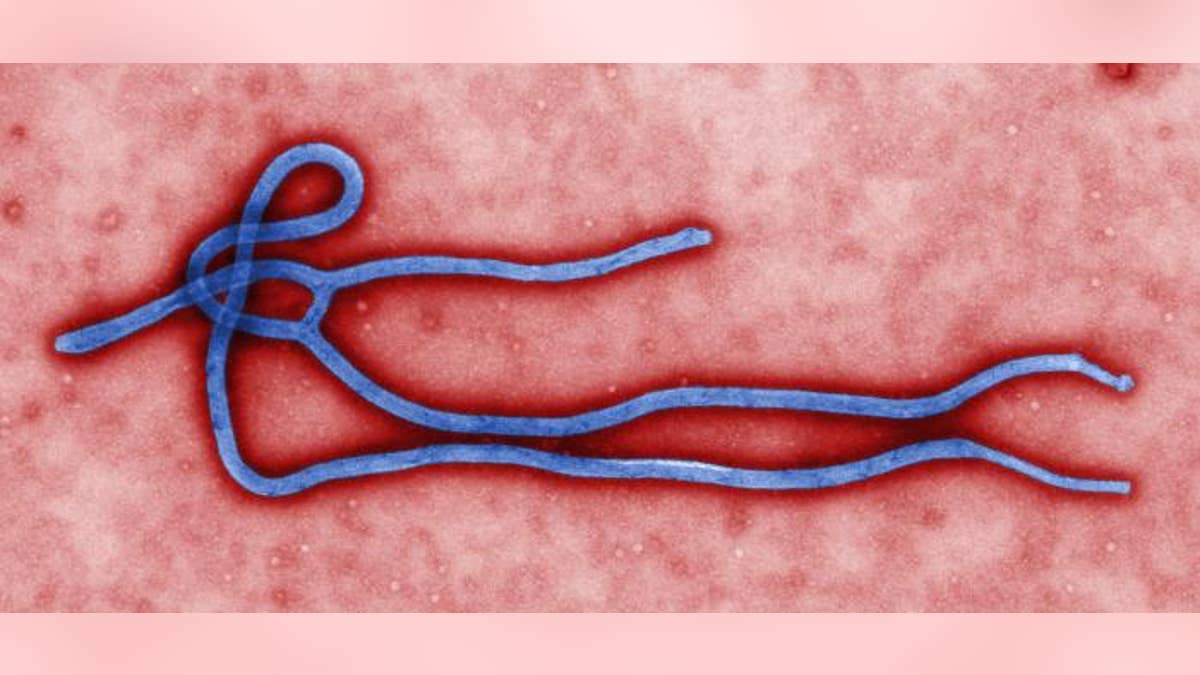
(CDC/ Cynthia Goldsmith)
Researchers have made promising strides in developing a potential treatment for the Ebola virus infection, one of the most deadly pathogens in the world, the Vancouver Sun reported.
Researchers from the National Microbiology Laboratory in Winnipeg infected monkeys with Ebola – then saved them with a cocktail of antibodies against the virus. All four monkeys given the treatment 24 hours after infection survived, while two of four monkeys given the treatment 48 hours after infection survived.
The treatment consist of a combination of three antibodies, known as monoclonal antibodies, against the protein on the outside of the Ebola virus that are isolated and cloned, according to the Vancouver Sun. This specific combination of antibodies would only work against one strain of Ebola – Ebola Zaire, the deadliest species of the virus – and is not yet ready for human use.
Currently there are no vaccines or treatments for Ebola, a hemorrhagic fever that causes sporadic, deadly outbreaks in central Africa.
According to senior author of the study, Gary Kobinger, the goal is to eventually achieve a treatment that can work up to 72 hours after exposure because in an outbreak that is generally the amount of time it takes to determine whether or not someone is infected.
